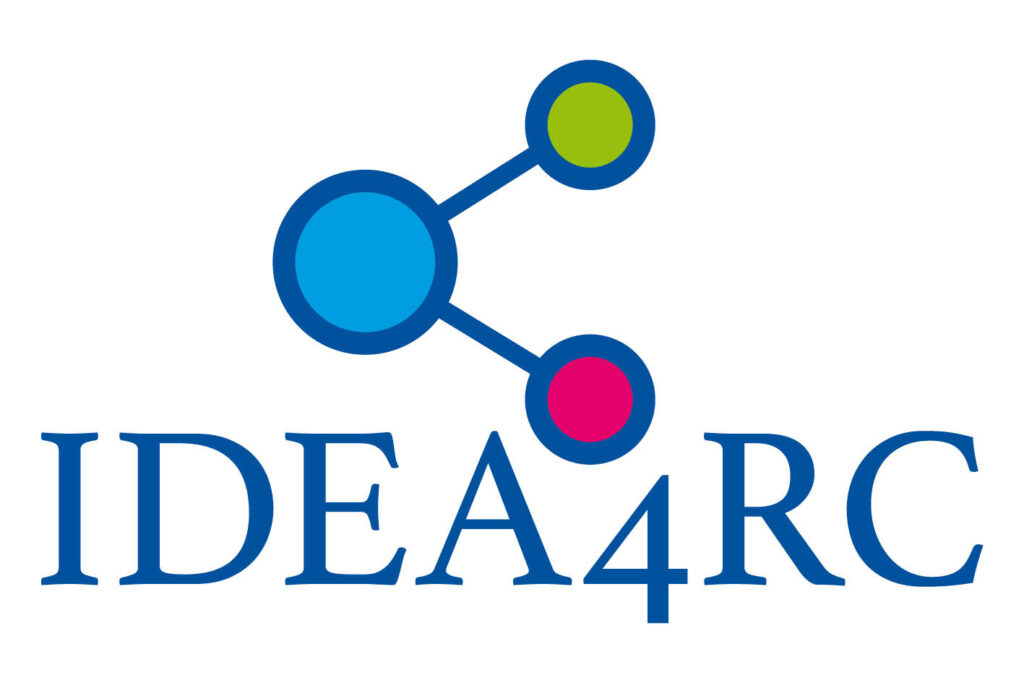The new deliverable “Data ecosystem baseline value positions, value analysis, and scenarios” describes the values and positions of the IDEA4RC stakeholders at the start of the project and traces the steps to follow their evolution in time. Based on starting values and positions three possible implementation scenario for IDEA4RC were formulated.
Following the methodological approach developed by Susan van Hees and collaborators for the EU project Gatekeeper, the group from Utrecht University led by Wouter Boon carried out the analysis of the values of the different stakeholders involved in IDEA4RC and of its potential future users.
The approach belongs to the wider framework of Responsible Research and Innovation, i.e. studying societal impact of technologies from an early stage onwards and consider potential issues already during the design phase. It assumes that stakeholders involved with technology development have a large variety of values that change over time and proposes to follow their evolution through the development process.
“We started by interviewing 11 professionals not involved in the project”, explains Claudia Egher, post-doc at UU who conducted most of the interviews. “They had a high-level and somewhat abstract view of the ecosystem which allowed us to understand what they expected from IDEA4RC, what unmet needs they would like IDEA4RC to satisfy and what values shape these needs”.
These interviews helped the group from Utrecht University to set up the first co-creation workshop, which was held in April in Venice. “With that workshop we wished to probe the possible tensions and reinforcement points among the different professionals involved in the project”, Egher comments.
The experts’ interviews and the findings of the co-creation workshop constituted the basis to identify the so-called baseline value positions, that is the values and opinions that those who are building IDEA4RC and its potential users have at the beginning of the project.
Baseline value positions may inform the initial architectural decisions and stimulate imagination and reflection, so as not to preclude the possibility to bring modifications to the platform in the medium to long term. These modifications could refer to the responsible enlargement of the data ecosystem to other users beyond researchers or the addition of new functionalities.
The baseline value positions led to the formulation of three implementation scenarios for IDEA4RC.
- In the first scenario, IDEA4RC will contribute to the development of more knowledge about rare cancers by facilitating and stimulating research. The main envisaged users of this data ecosystem for rare cancers are researchers, such as epidemiologists, statisticians, clinical researchers, etc.
- In the second scenario, which can be seen as a natural development of the first one, IDEA4RC will be used for research and for clinical decision-making in the field of rare cancers. The main envisaged users for this data ecosystem in this scenario are researchers and clinicians.
- In the third scenario, IDEA4RC will allow very diverse stakeholder groups in the field of rare cancers to successfully pursue different goals. The main envisaged users in this scenario are researchers, clinicians, and patients, but it is likely that other public and private entities will also engage with this data ecosystem. The third scenario is the most aligned with the European Health Data Space proposal.
Now, the group from Utrecht University will follow the temporal evolution of the stakeholders’ values. The first step will be the scenario validation workshop, which will be held in Madrid during the third plenary meeting of the consortium, on 22-23 November. “Values evolve in time for a variety of reasons”, explains Egher. “You come to terms with the reality and the constraints imposed by budget, capacity, time and the available legal frameworks, or you see that something that you were very concerned about has been taken care of. So other values become more prominent for you”, she concludes.
